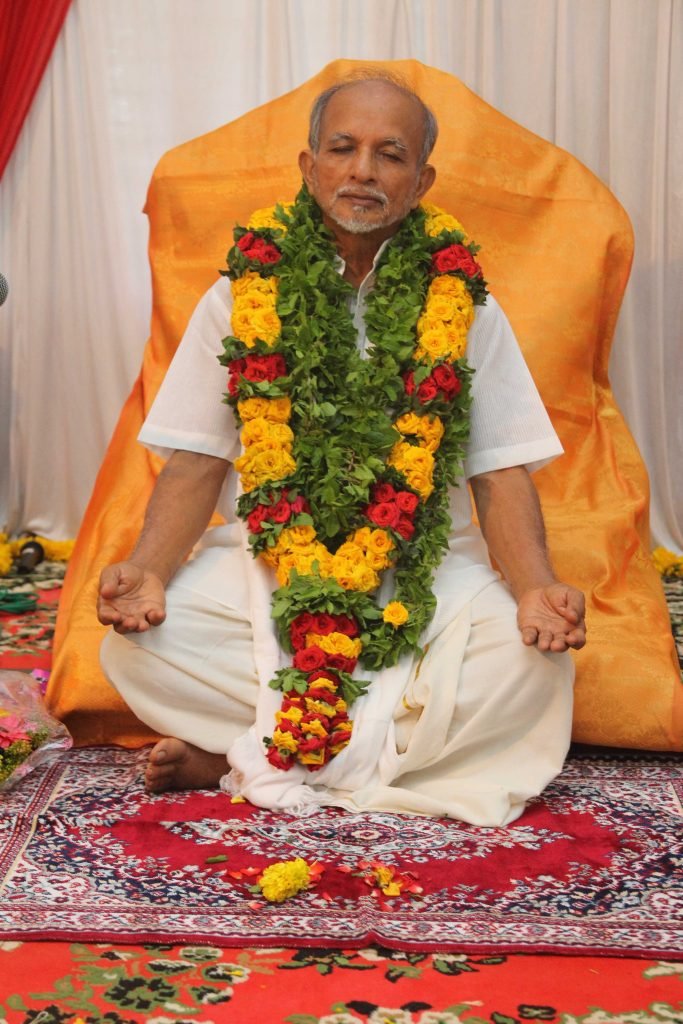Self-Realization

What is Self-Realization?
Self-realization literally means knowing oneself and defined as “Athma Sakshatkara” in the Hindu philosophy and gets ignited spontaneously almost in everyone, of course at different points time or age of the individuals. The Eastern philosophy relates this to spirituality and brings in the coordination of the body, intellect and the soul through the principles of the science of “Yoga”. The western philosophy, on the other hand, defines self-realization as the fulfilment of one’s full potential as per the individual’s character or personality.
Dimensions Self-Realization
As per the Hindu realm of thought, self-realization has different dimensions such as personal level, individual level and universal level. Simply speaking, the personal self-realization can be compared with the baby steps, where a lot of faults and falls keep happening in the journey of Athma Sakshatkara. Identifying the “Self” or “Me” itself is a big step in our real life and can be achieved by very few in their lifetime! Then what exactly is me or the self? This is a state of maturity of one’s thinking where the individual can feel the existence of an entity beyond one’s own body and mind. Understanding the relationship of the body, mind and the unknown or undefined entity takes another long time and it really requires unwavering determination of the individual to focus on these dimensions keeping away from the day to day life. This does not mean to say that the individual should lead a life of a hermit or a saint. The individual can lead a normal life but should accomplish the art of monitoring the mind through the superior entity called the self.
The next stage in the self-realization is the understanding of the power of the self and its relation with the universe, which enables one to feel and experience the soul or “Athma” within the self. This is the individual level of self-realization. Learning and understanding the Athma begins here. This makes the individual more mature and probably lead to some extent of enlightenment. Spirituality enters the mind of the individual at this stage in some form or other, depending on the background, beliefs and social set up of the individual. The need of a Guru, either physical, literary or any other source seems essential to progress in this phase of the journey towards self-realization. The enlightened self always searches and finds the “Guru”, within the limits of one’s routine life and continues the inward journey to understand the Athma and its relation with the self, with the life, and with everything. At this stage, the individual gets enabled to accept every other individual or creation as the same and ceases to feel or get influenced by negative feelings. This is essential for the progress of one’s journey in search of the Universal truth which is common for all souls.
The third level of self-realization is the universal self-realization, where the enlightened individual understands or feels the existence of the Supreme power or the “Paramathma” according to the Hindu philosophy. This part of the journey involves the experience of the interrelations of the body, mind (the self), soul or Athma and the Paramathma and the wholesome interactions of these entities with the environment of the enlightened self. This part of the self-realization is well explained in Chapter 13 (Kshetra Kshaetrjna Yoga) of the Bhagavadgita. The Gita defines , the human body including all the senses and mind along with their mutual interactions and interactions with the physical, emotional and spiritual environment of the enlightened soul or Athma as the “Kshetra” and the understanding of the Kshetra and its relationship with the Paramathma or the Kshetrajna as the Universal level of the self-realization. This elevates one’s soul or Athma to the supreme enlightenment or the “Athma Sakshatkara, where the soul or the Athma surrenders to the Paramathma and finds the path towards eternal peace or love or happiness, for which it was longing throughout the life!
Shri Shaktidarshan Yogashram, is one such institution, dedicated to aiding fellow beings to grow mentally and spiritually through yogic practices such as meditation,kriya yoga,atma vidya and other allied practices. It is headed by Shri Devadas Rao, our Poojya Guruji, an established yogacharya and spiritual teacher belonging to the Himalayan tradition. The ashram serves as a retreat for those who wish to seek the meaning and wisdom within. Nestled in the groves of Kinnigoli, at the outskirts of Mangalore City, Karnataka State, India, the Shri Shaktidarshan Yogashram is situated at a distance of 8 Kms from Mulki, 365 Kms from Bangalore and 875 Kms from Mumbai with easy accessibility through rail, road and air.
Help Us Now

Donate to Surabhivana Gaushala to save and protect Indian Cow Breeds.
All donations are exempt under Section 80G of the Income Tax Act, 1961. All donation receipts shall be mailed to the address given by the donor or may be collected in person, at request.
Click the below button to donate through credit cards/debit cards or Net Banking via Razor Pay.
